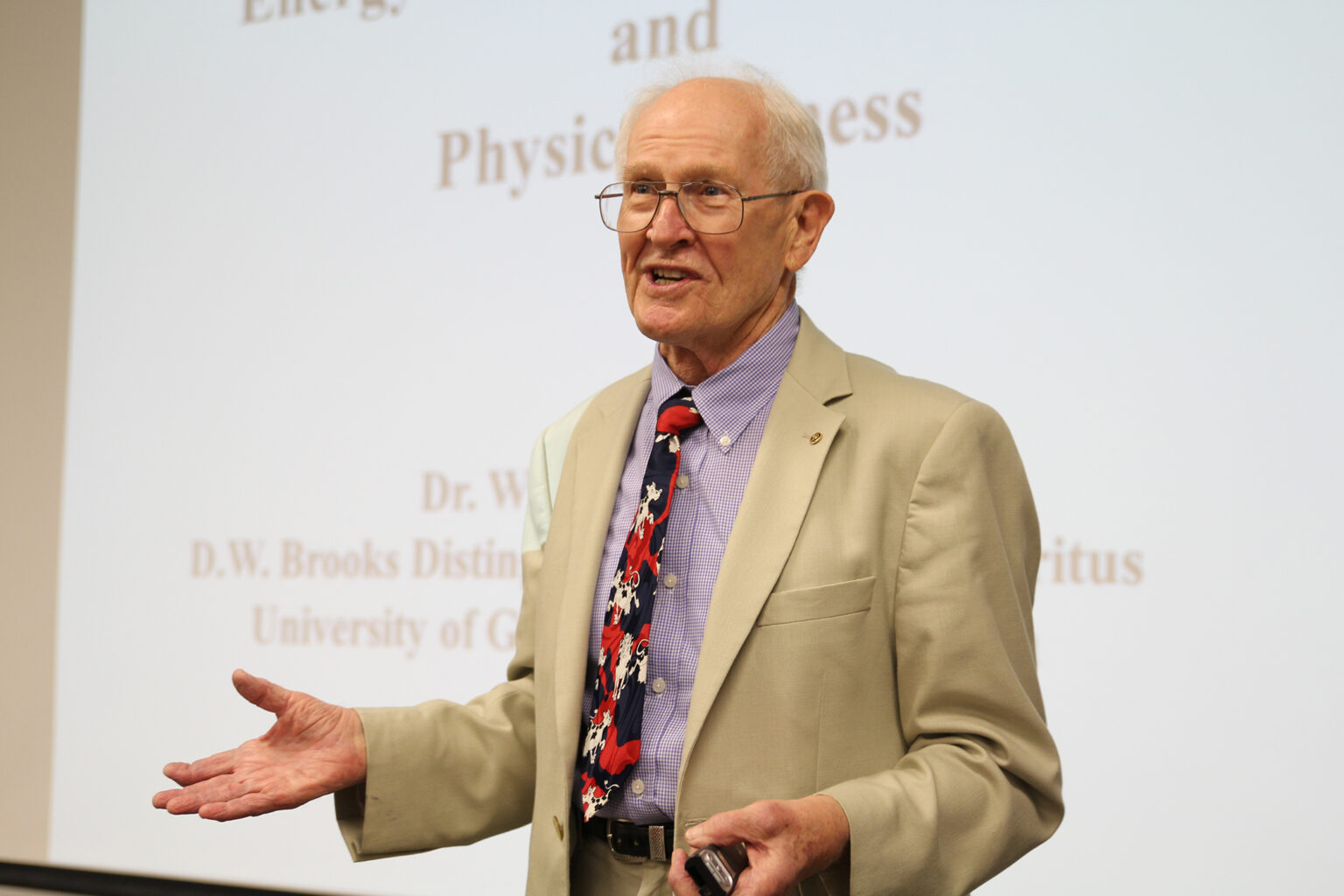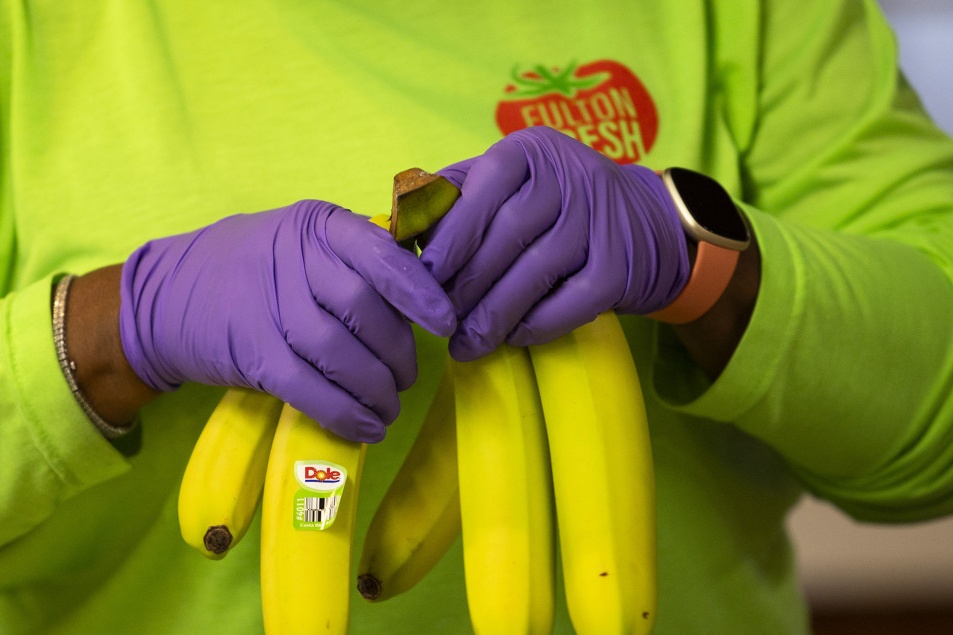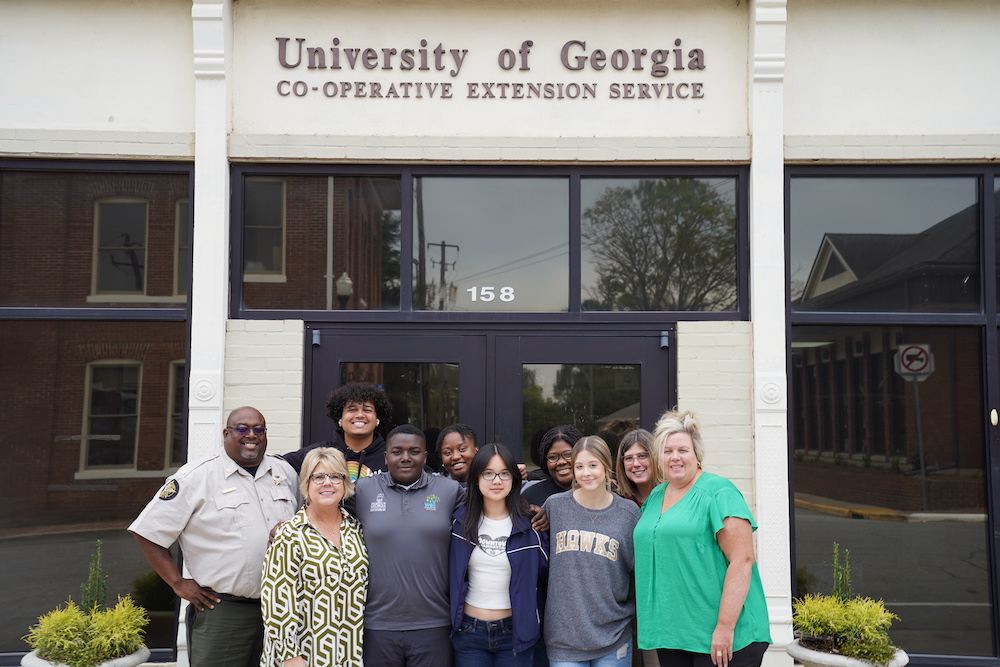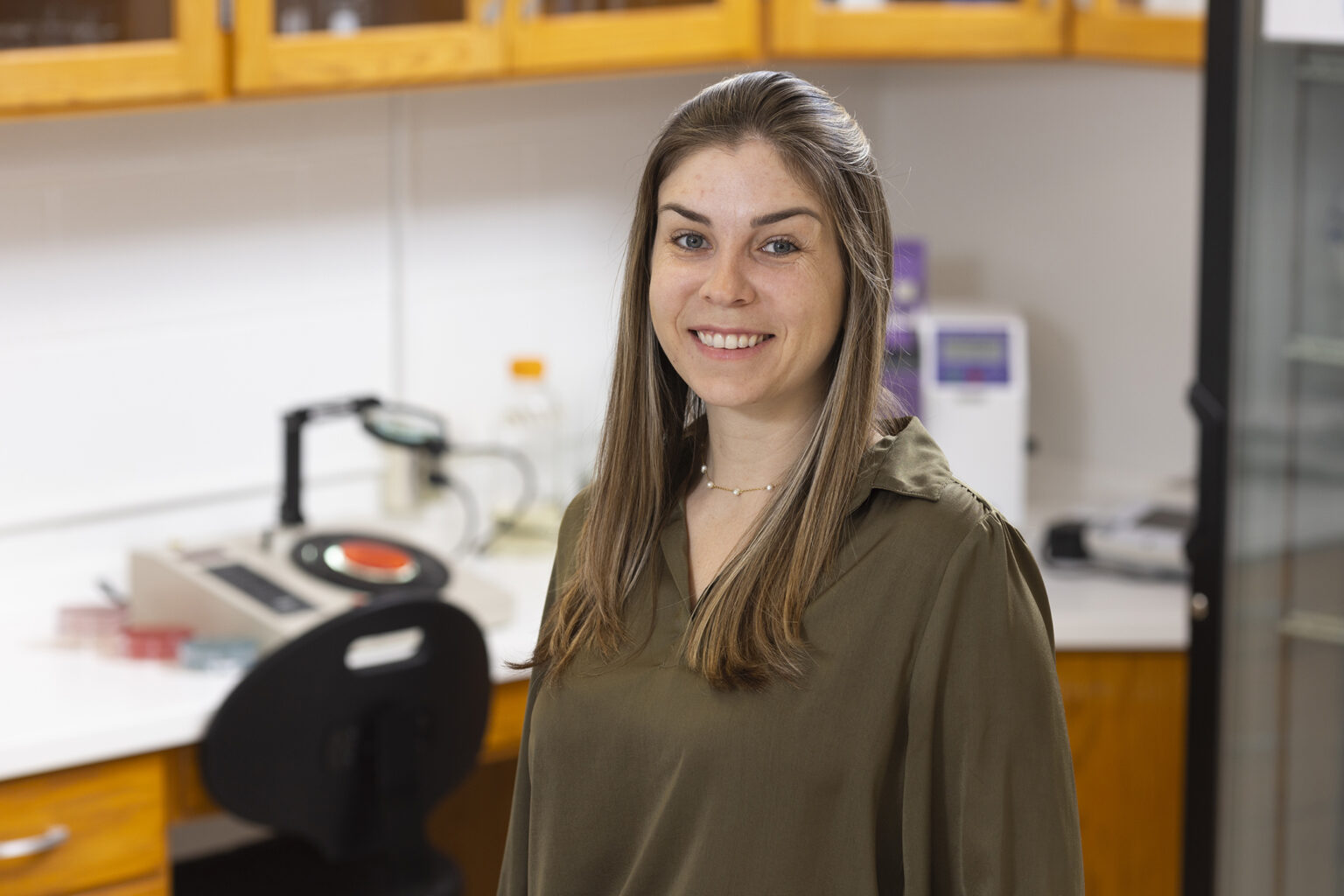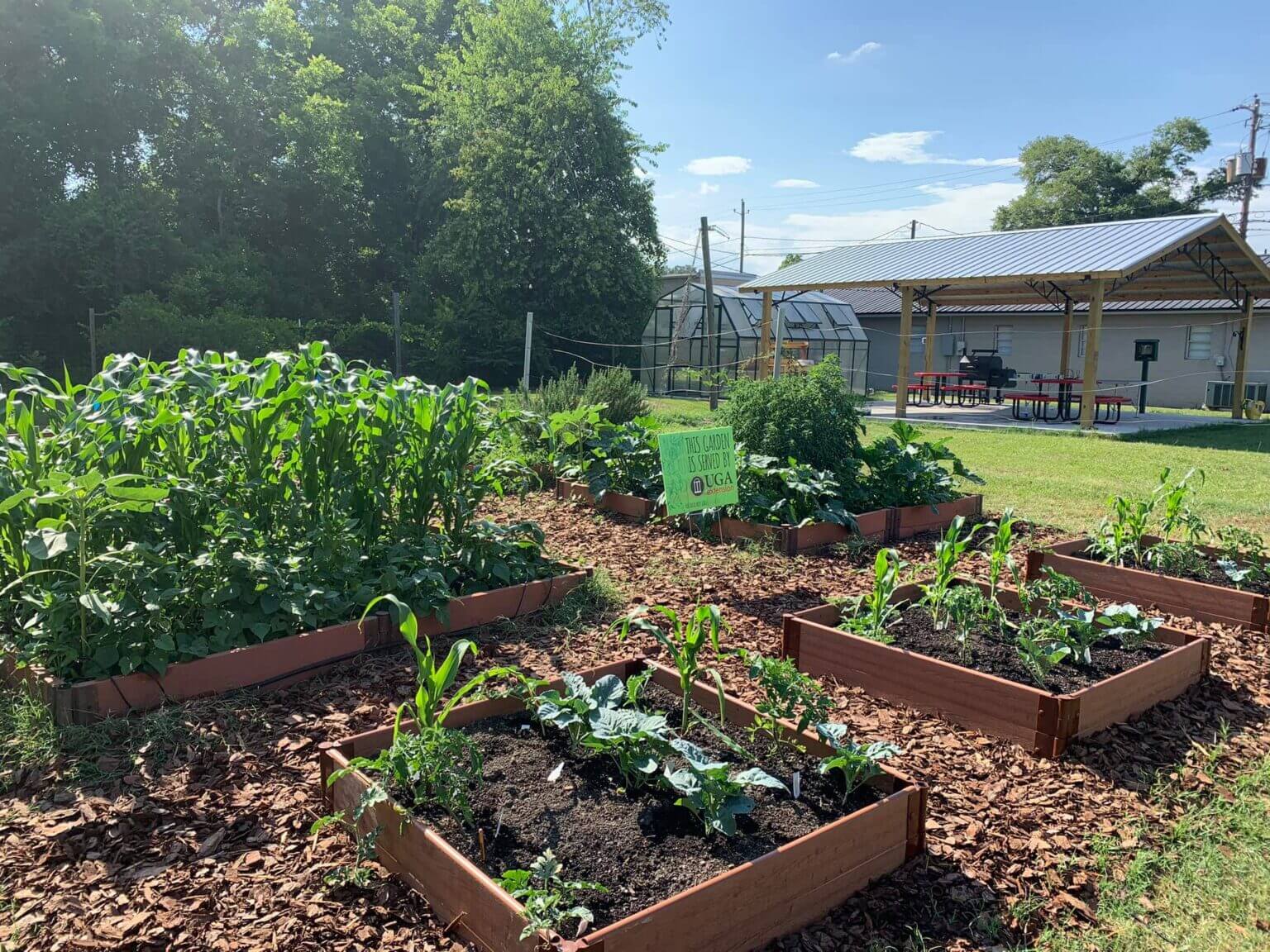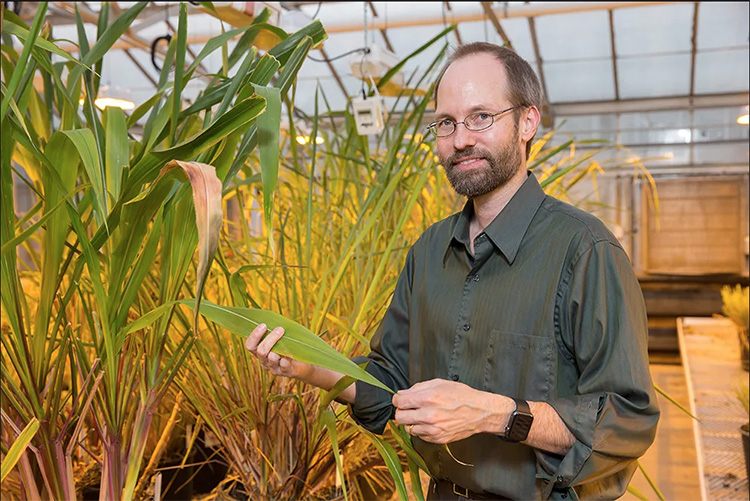 CAES News
CAES News
Seafood Broth
Safe recipes for canning chicken and other meat stocks are plentiful, but when it comes to seafood, the options are limited. Currently there are no research-based, validated recipes for safely canning seafood broth at home, only recipes developed for taste and flavor. A team of University of Georgia scientists are conducting an exploratory study they hope will lead to validated seafood broth recipes for home canners.


